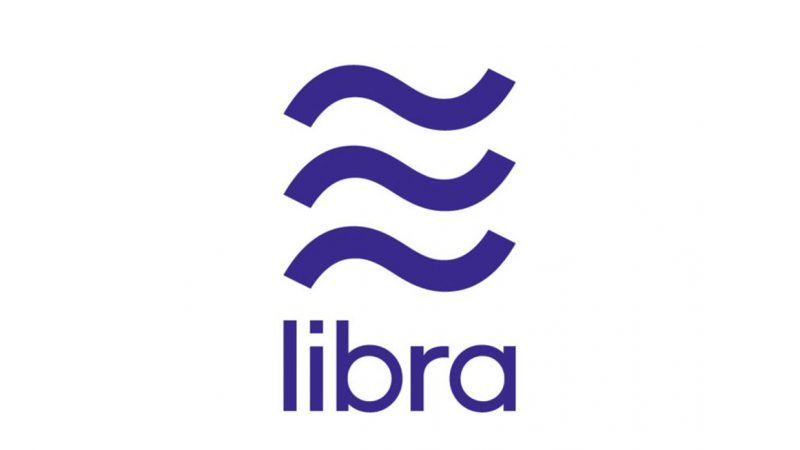Facebook Says Its New Digital Currency Will Be 'Open to Anyone.' That's Not True.
Besides, the regulators are already licking their chops.

Facebook hopes its proposed Libra currency system will bank the world—and keep us on Facebook. Right now, it's just an idea. While the project may change before its projected launch in 2020, the current plan has big problems.
For starters, Libra will be a "permissioned system," meaning that only a few hand-picked parties—through an independent governing body called the Libra Association—will be allowed to run the network. This is different than permissionless systems like bitcoin, where anyone can connect to validate transactions. That closed nature would leave Libra's users vulnerable to outside influence, because permissioned validators can coordinate to block transactions for regulatory or political reasons.
While Facebook's white paper announcing Libra says it will be "open to anyone," the paper also says Libra will innovate "on compliance and regulatory fronts to improve the effectiveness of anti-money laundering." But how can Libra be both fully open to anyone and fully compliant with anti–money laundering regulations? By definition, such laws limit certain transactions.
Facebook says closed access is initially necessary for scale but wants Libra to later transition to a fully permissionless system. That leap seems unlikely. First, it is technically dubious. Introducing major systemic changes after rollout can spark network-debilitating chaos. More fundamentally, permissionless networks seem incompatible with Facebook's stated vision of full compliance.
And then there are the regulators, who are already licking their chops. Rep. Maxine Waters (D–Calif.), the chair of the House Financial Services Committee, demanded Facebook cease work on Libra until congressional concerns are appeased. Europe and India are also wary. Assuming they let Libra exist at all, will governments allow the currency to transition to being truly open to everyone? Or will they insist that the Libra Association always exercise the discretion it is giving itself at the start?
Such targeting is possible because Facebook anointed the Libra Association as privileged validators instead of just releasing permissionless code to the world. Subpoenaing organizational leaders to a few congressional circuses could spook reluctant partners into folding or collaborating with governments. Permissionless networks provide no such targets. It would be virtually impossible to compromise each bitcoin node, for instance.
Libra's goal of financial inclusion is laudable, if self-interested. But the threat of exclusion is baked into the currency's permissioned nature. Libra can be targeted. Might Libra then target you?
Libra may well serve uncontroversial users in stable enough societies. It could end up being better than PayPal. But I expect the world's dissidents and disaster dwellers will prefer true permissionless systems such as bitcoin.


Show Comments (20)